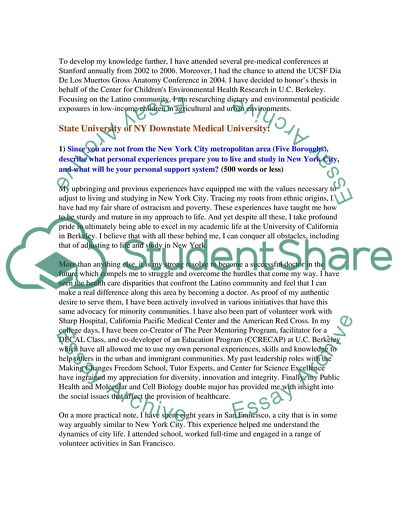Cite this document
(My Personal Letter for Medical School Admission/Application Essay, n.d.)
My Personal Letter for Medical School Admission/Application Essay. Retrieved from https://studentshare.org/education/1538430-personal-essays-for-medical-school
My Personal Letter for Medical School Admission/Application Essay. Retrieved from https://studentshare.org/education/1538430-personal-essays-for-medical-school
(My Personal Letter for Medical School Admission/Application Essay)
My Personal Letter for Medical School Admission/Application Essay. https://studentshare.org/education/1538430-personal-essays-for-medical-school.
My Personal Letter for Medical School Admission/Application Essay. https://studentshare.org/education/1538430-personal-essays-for-medical-school.
“My Personal Letter for Medical School Admission/Application Essay”, n.d. https://studentshare.org/education/1538430-personal-essays-for-medical-school.


